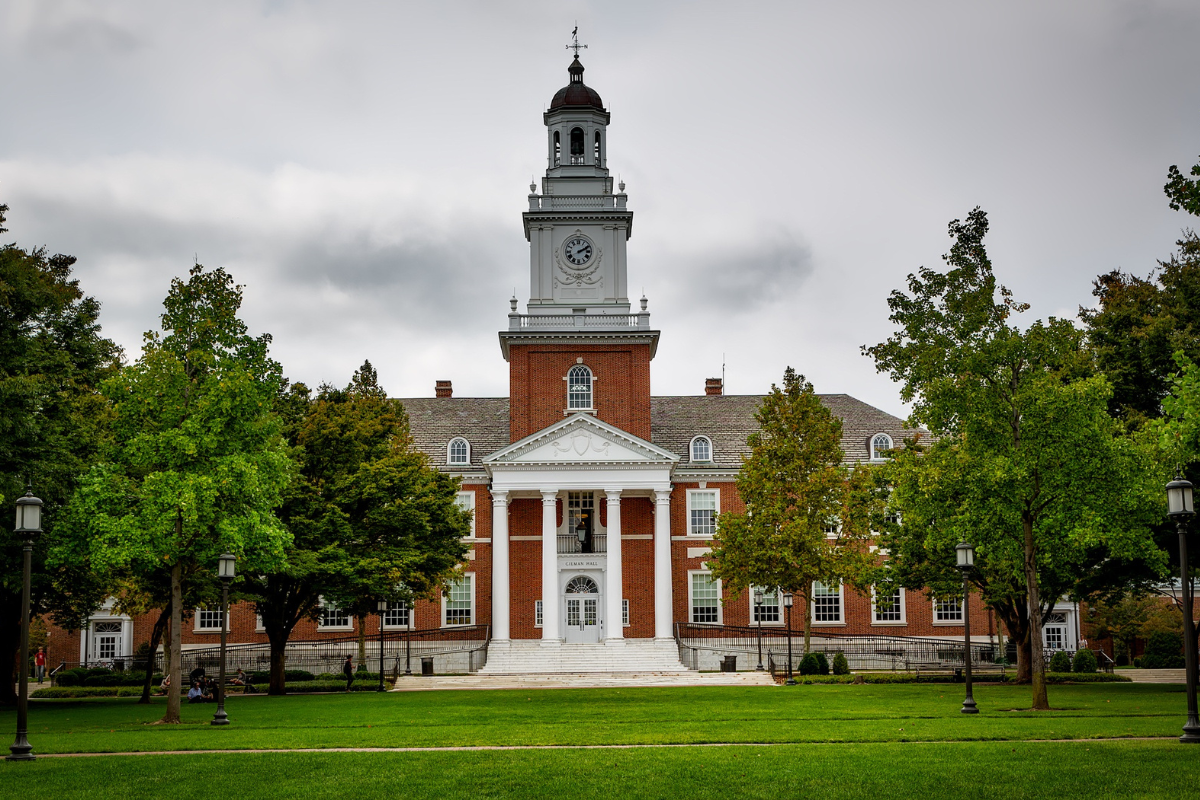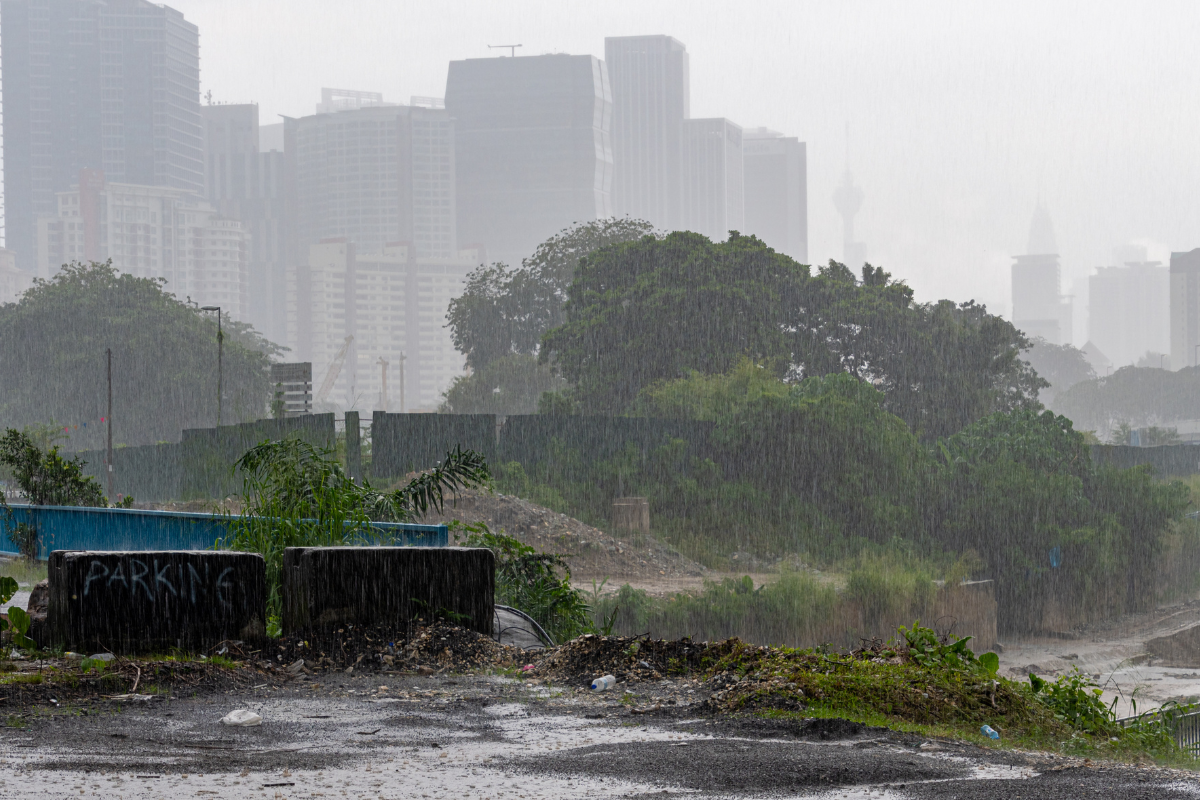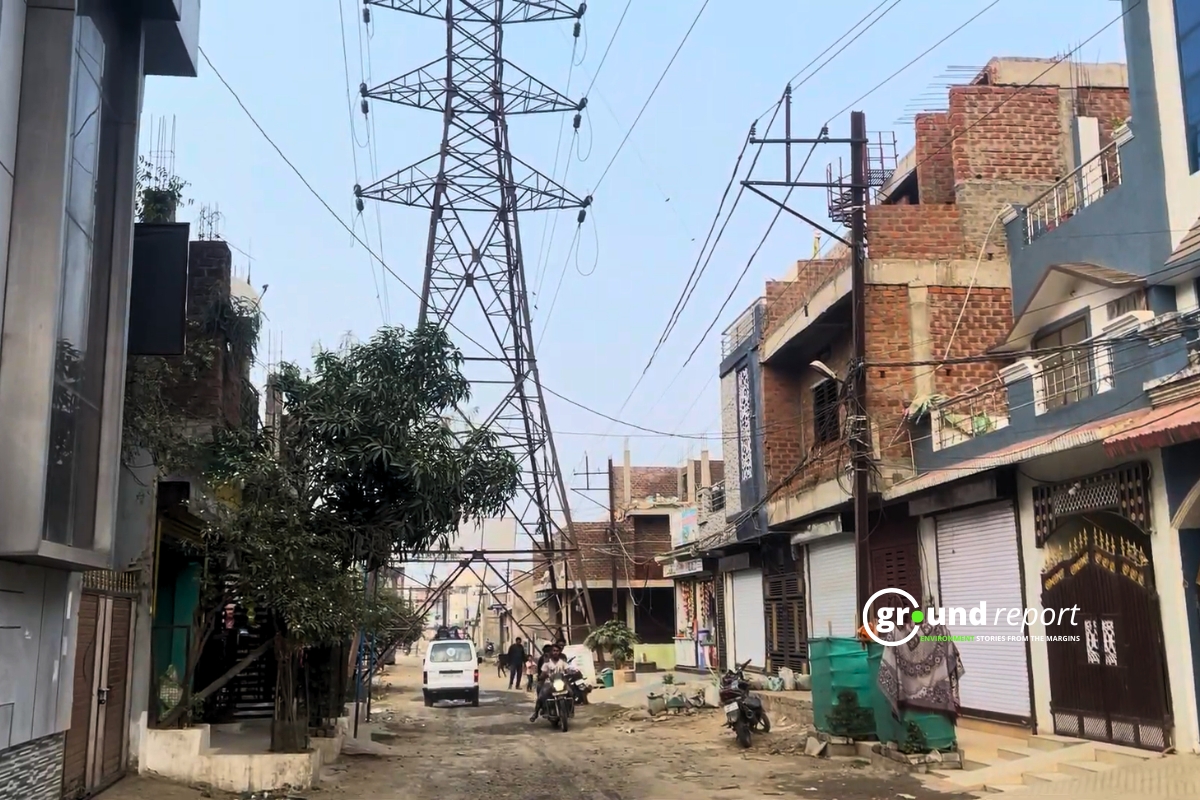The Trump administration has frozen more than $2 billion in federal funding to Harvard University. This move came hours after the university rejected a list of demands from the White House. At the center of the conflict: diversity programs, free speech, and student protests.
What triggered the freeze?
The Trump administration had directed Harvard to make wide-ranging changes. These included ending its diversity, equity and inclusion (DEI) programs, enforcing a ban on face coverings — seen as a direct response to pro-Palestinian student protests — and revamping admissions and hiring practices to be strictly merit-based.
The White House also demanded a full audit of views on diversity among faculty and leadership, and warned against recognizing student organizations that endorse “unlawful harassment” or support activism seen as disruptive.
Harvard pushes back
Harvard rejected the entire set of proposals. In a letter released Monday, university president Alan Garber declared that Harvard would not “surrender its independence or relinquish its constitutional rights,” insisting that the university, like any private institution, should remain free from government control over internal affairs.
He warned that complying with the demands would undermine academic freedom and allow the federal government to dictate what a university can teach or whom it can hire.
The federal response was swift. A statement from the Department of Education said Harvard’s refusal reflected a “troubling entitlement mindset.” It accused the university of fostering a climate where antisemitic harassment is allowed to flourish, and of failing to make meaningful changes despite repeated warnings.
The freeze on federal funds is being carried out by a joint task force created to combat antisemitism, which has taken an aggressive stance against universities that do not align with the administration’s agenda.
The administration’s pressure campaign began in response to campus protests over the Israel-Gaza conflict. Trump has pointed to pro-Palestinian demonstrations, including those at Harvard and Columbia, as evidence that universities have failed to protect Jewish students.
His administration argues that the unrest, and the institutions’ response to it, has exposed deep civil rights issues and ideological bias on college campuses.
Harvard faces funding, legal showdown
Harvard is the first major university to openly defy the Trump administration’s directives. Columbia University had earlier given in to similar demands, announcing new campus security measures, including mask bans and expanded authority for campus officers. The administration has also moved against other elite universities, including Princeton, Brown, and the University of Pennsylvania.
The conflict is not just political—it’s also legal. Harvard’s rejection of the federal demands has been backed by civil liberties groups and academic organizations.
The American Association of University Professors has filed a lawsuit arguing that the administration is misusing Title VI of the Civil Rights Act to impose political views under the guise of civil rights enforcement. The suit claims that the federal demands are overly broad and vague, and violate First Amendment protections.
Harvard defies pressure amid escalating standoff
Former President Barack Obama praised Harvard’s stance, calling it a rejection of government overreach. “Harvard has set an example for other higher-ed institutions — rejecting an unlawful and ham-handed attempt to stifle academic freedom,” he wrote on X.
Despite the legal challenges and growing public opposition, the Trump administration shows no signs of backing down. It has sent letters to over 60 other universities warning of similar investigations and potential funding freezes. Internal discussions suggest the administration is targeting high-profile institutions to send a message and reshape the ideological environment of American higher education.
At Harvard, protests have continued. Over the weekend, students and community members gathered on campus to denounce the administration’s actions. Many carried Palestinian flags or wore face coverings in defiance of the proposed mask ban.
The university has maintained that it is working to ensure the safety and rights of all students, including addressing antisemitism on campus, but refuses to meet federal demands that it sees as politically motivated.
Trump has made clear he sees the issue as a campaign priority, using the crackdown on campus protests and DEI programs to rally his base. His administration has deported several foreign student protestors and opened new civil rights investigations at multiple institutions.
The freeze on Harvard’s funding could have far-reaching consequences. The university plays a central role in scientific and medical research, and officials say the decision could affect public health and national interests.
Support us to keep independent environmental journalism alive in India.
Keep Reading
‘Forever Chemicals’ found in all the world’s toilet paper
Trump shuts down staff helping families pay heating bills
Full list of words banned by Trump, including ‘Climate Change’
Oil companies seek Trump’s help to fight climate lawsuits & regulations
Follow Ground Report on X, Instagram and Facebook for environmental and underreported stories from the margins. Give us feedback on our email id greport2018@gmail.com.
Don’t forget to Subscribe to our weekly newsletter, Join our community on WhatsApp, and Follow our YouTube Channel









